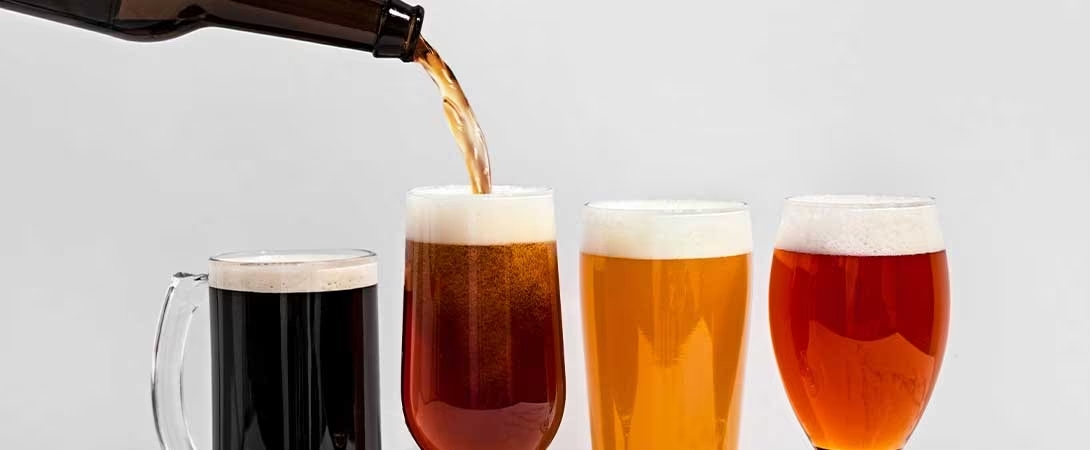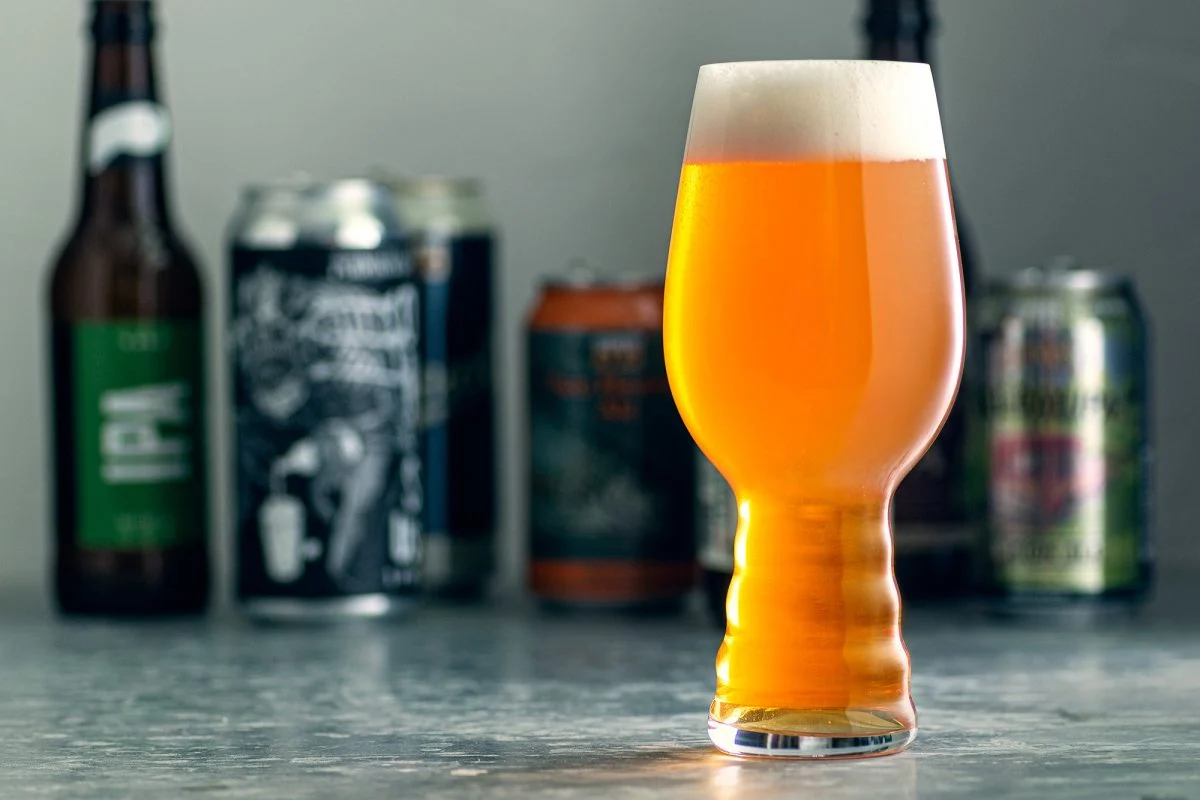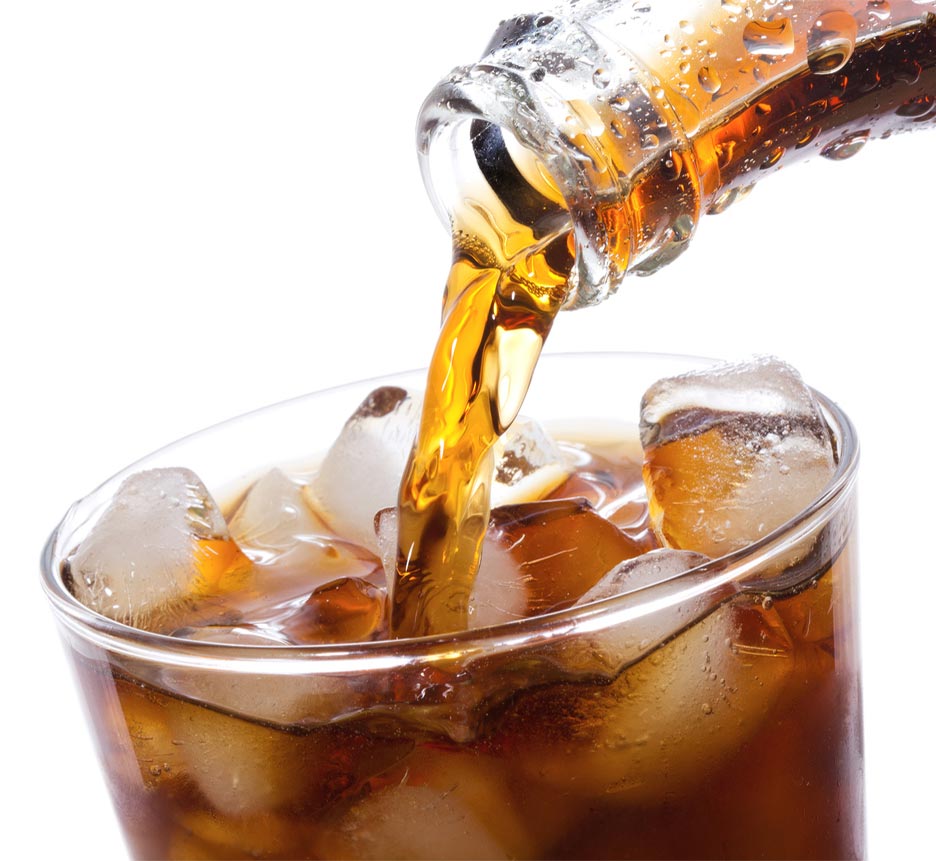Does Beer Expire? The Truth About Your Favorite Brew's Shelf Life
You’re cleaning out the back of your fridge or the bottom of a cooler and you find it: a lone, dusty bottle or can of beer. It’s been there for months, maybe even years. The big question pops into your head: Does beer actually expire?
The short answer is yes, beer does expire. However, it’s less about becoming unsafe to drink and more about a decline in quality. Beer is a perishable product, and from the moment it leaves the brewery, a clock starts ticking on its peak flavor.
Understanding the "Born On" Date
| Most modern breweries stamp a date on their packaging. This isn’t an "expiration date" but rather a "freshness date" or "best by" date. It signifies the period during which the brewer guarantees the beer will taste exactly as intended. For most styles, this window is between 90 to 180 days, though some can last longer. |  |
What Happens as Beer Ages?
Beer’s greatest enemies are oxygen, light, and heat. These elements accelerate the chemical reactions that lead to staleness.
|
|
• Oxidation: This is the primary culprit. Even a tiny amount of oxygen trapped in the bottle or can can cause off-flavors over time. The beer may start to taste like cardboard, wet paper, or sherry, losing its vibrant hop character and malt balance. Modern breweries combat this by using advanced counter-pressure beer filling machine that purge containers with carbon dioxide before filling, drastically minimizing oxygen exposure and extending the beer's shelf life. |
|
• Lightstrike: Why is beer so often in brown bottles? It’s to protect it from sunlight. UV rays react with hop compounds, creating a skunky aroma (literally the same compound found in a skunk's spray). Green and clear bottles offer far less protection. Cans are the ultimate barrier against both light and oxygen. • Heat: Heat accelerates all these negative reactions. Storing beer in a warm place, like a garage in summer, is a surefire way to speed up its degradation. |
|
Does All Beer Go Bad the Same Way?
Absolutely not. The style of beer plays a huge role in its aging potential.
• Hoppy Beers (IPAs, Pale Ales): Drink these ASAP! Their appealing hop aroma and bitterness are highly volatile and
fade quickly. Within a few months, a once-bright IPA can taste malty and dull.
• Malty Beers (Ambers, Bocks, Porters): These can hold up a bit longer due to their robust malt profiles, which are
less susceptible to oxidation than hop oils.
• Strong & Dark Beers (Imperial Stouts, Barleywines, Belgian Quads): These beers can often benefit from
intentional aging. Their high alcohol content and complex malt bills can evolve in fascinating ways over years,
developing notes of dark fruit, leather, and toffee. This is the exception, not the rule.

How to Keep Your Beer Fresh
To ensure your beer tastes its best, follow these simple rules:
1. Check the Date: Always look for a "best by" or packaging date.
2. Buy from Busy Stores: Stores with high product turnover are more likely to have fresh beer.
3. Keep it Cool: Always store beer in a cool, dark place. Your refrigerator is ideal.
4. Avoid Light: Never leave beer in direct sunlight.
5. Consume Promptly: The longer it sits, the more the flavor changes.

The Final Verdict
So, can you drink that old beer you found? Technically, yes. Expired beer is not dangerous—it won’t make you sick. But it likely won't taste very good. The vibrant flavors have probably faded, replaced by stale, cardboard-like notes.
The next time you enjoy a perfectly crisp, hoppy, or malty beer, remember that its freshness is no accident. It’s the result of careful brewing, swift distribution, and the precision of modern packaging technology like the beer filling machine, all working together to deliver the brewer’s intended masterpiece to your glass. So, for the best experience, drink fresh and savor the flavor.




